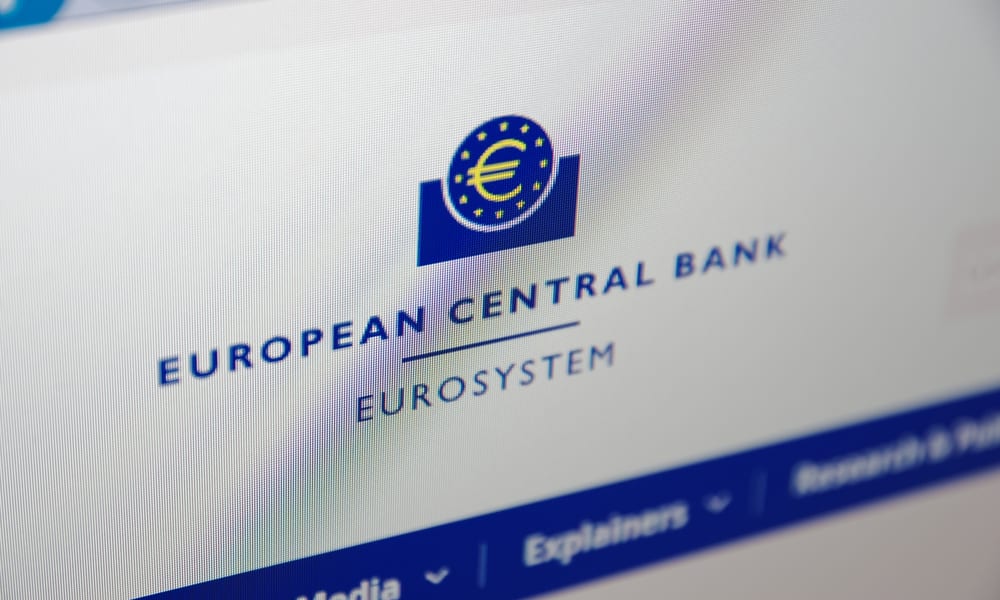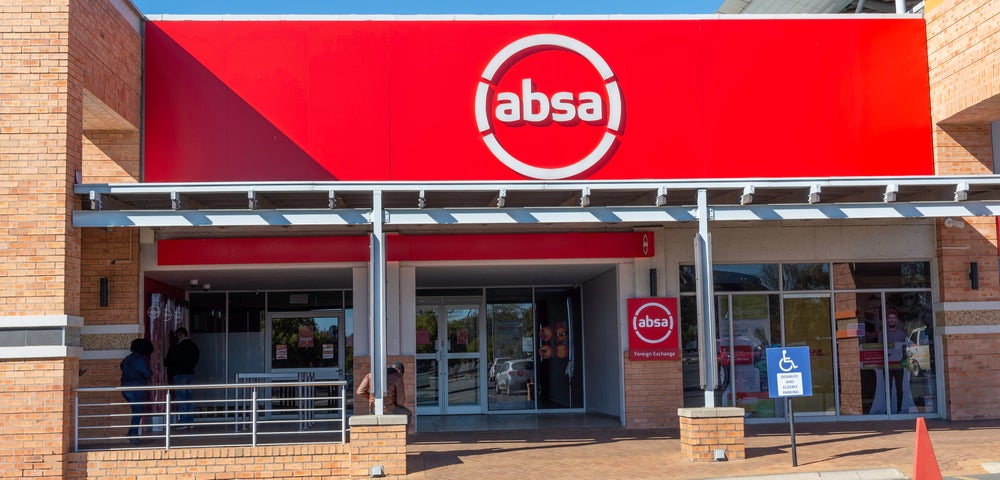
Trillions of euros in ultra-cheap money is too slow getting into the hands of the intended targets, as fearful banks prove unwilling to take on more risk.
The European Central Bank (ECB) is offering mountains of cash, and governments are further sweetening the deal and guaranteeing most of the loans, but banks remain wary as covid-19 continues to wreak havoc across economies.
Government guarantees have limits
Governments have dramatically lowered the risk incurred by banks in lending the money. Even so, there’s a limit to how much risk governments are willing to shoulder.
For example, in the UK, the government offers 100% guarantees on loans made to small firms. However, Chancellor of the Exchequer Rishi Sunak stopped short of providing a 100% guarantee to big firms, saying taxpayers shouldn’t be exposed to the risks of large company failures.
“We should not ask ordinary taxpayers today and tomorrow to bear the entire risk of lending almost unlimited sums to businesses who may in some cases have very little prospect of paying those loans back and not necessarily because of the impact of the coronavirus,” Sunak told parliament.
Banks face other obstacles
In addition to the higher risk-aversion due to dire economic projections, there are other hurdles.
How well do you really know your competitors?
Access the most comprehensive Company Profiles on the market, powered by GlobalData. Save hours of research. Gain competitive edge.

Thank you!
Your download email will arrive shortly
Not ready to buy yet? Download a free sample
We are confident about the unique quality of our Company Profiles. However, we want you to make the most beneficial decision for your business, so we offer a free sample that you can download by submitting the below form
By GlobalDataFor example, in Italy, bankers can be held legally responsible for the decision to issue the guaranteed loan and can potentially face criminal sanctions if the credit turns bad.
Another problem is that companies under debt restructuring aren’t eligible for state guarantees.
Businesses are complaining
Business associations say they receive daily complaints from firms saying that they aren’t getting the financing they need.
European companies are particularly dependent on bank lending, unlike in the U.S. where capital markets are relied upon much more heavily.
While demand for loans in the eurozone has rocketed and banks have reported growth in credit, they have also tightened lending standards, according to an ECB survey.
Banks in Italy have processed and approved requests for around €13 billion. That is far below the €300 billion the government is making available.
The situation is even worse in southern Europe, where the fragile banking sector is still trying to get rid of huge portfolios of bad loans from the last decade’s crisis.
Authorities are scrambling for solutions
The situation across the continent is nearing the point of desperation.
In Brussels, European Union authorities are convening a meeting later this month with bankers and business representatives to figure out what to do.




